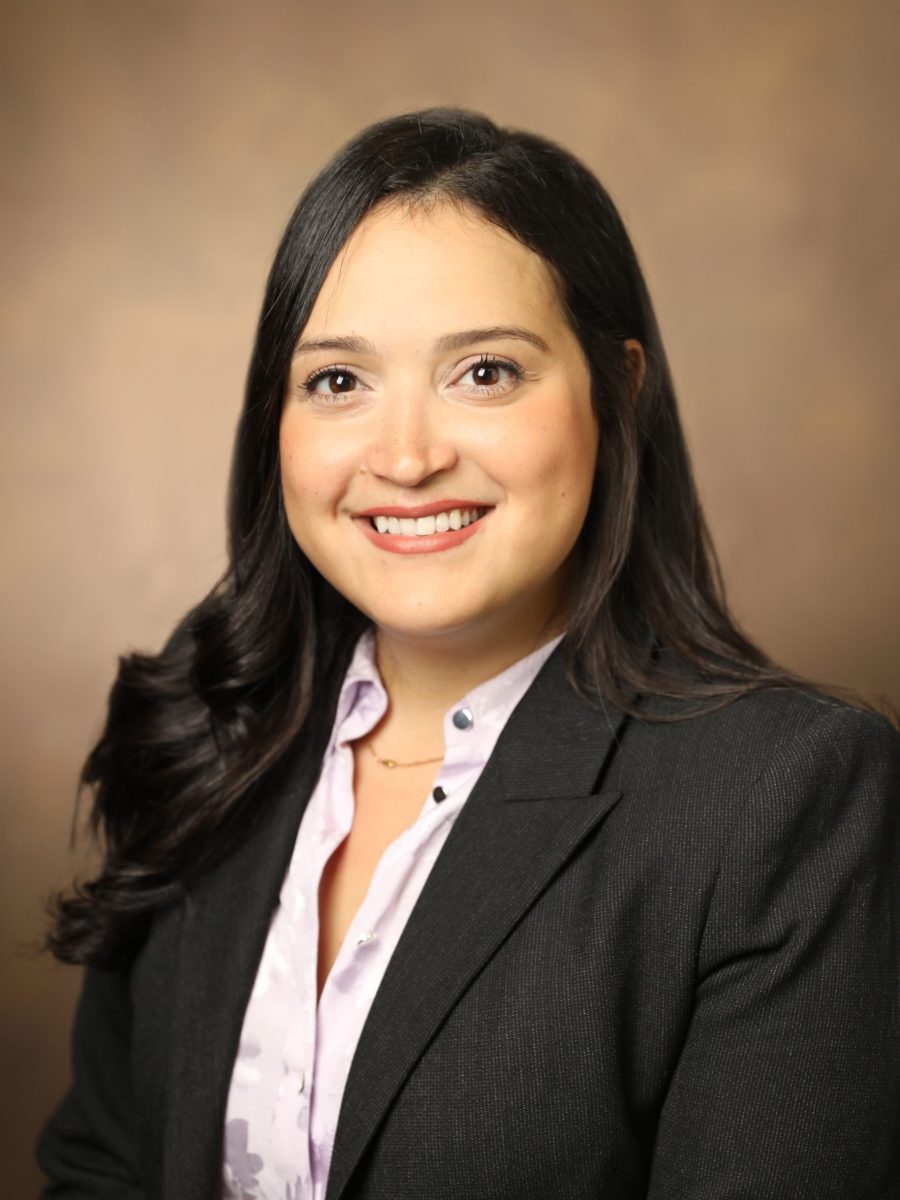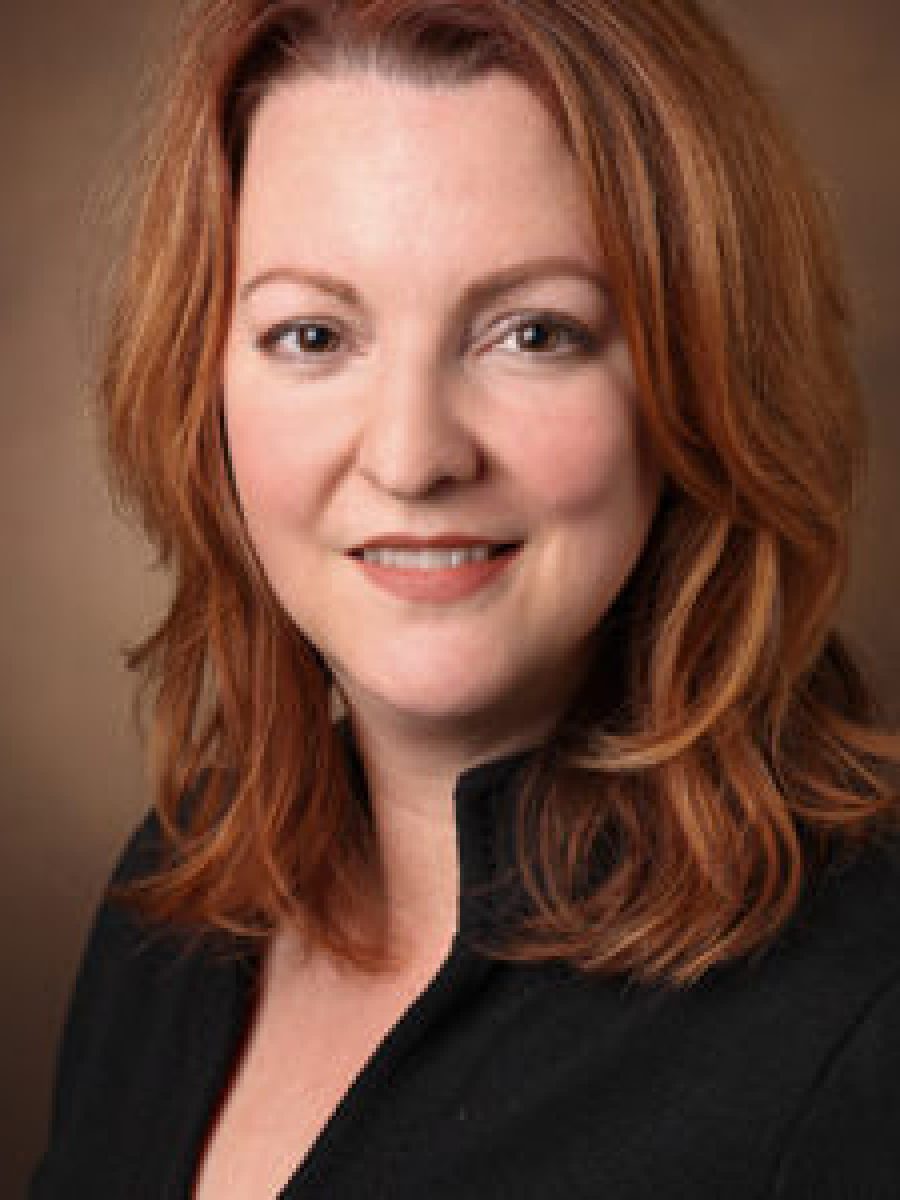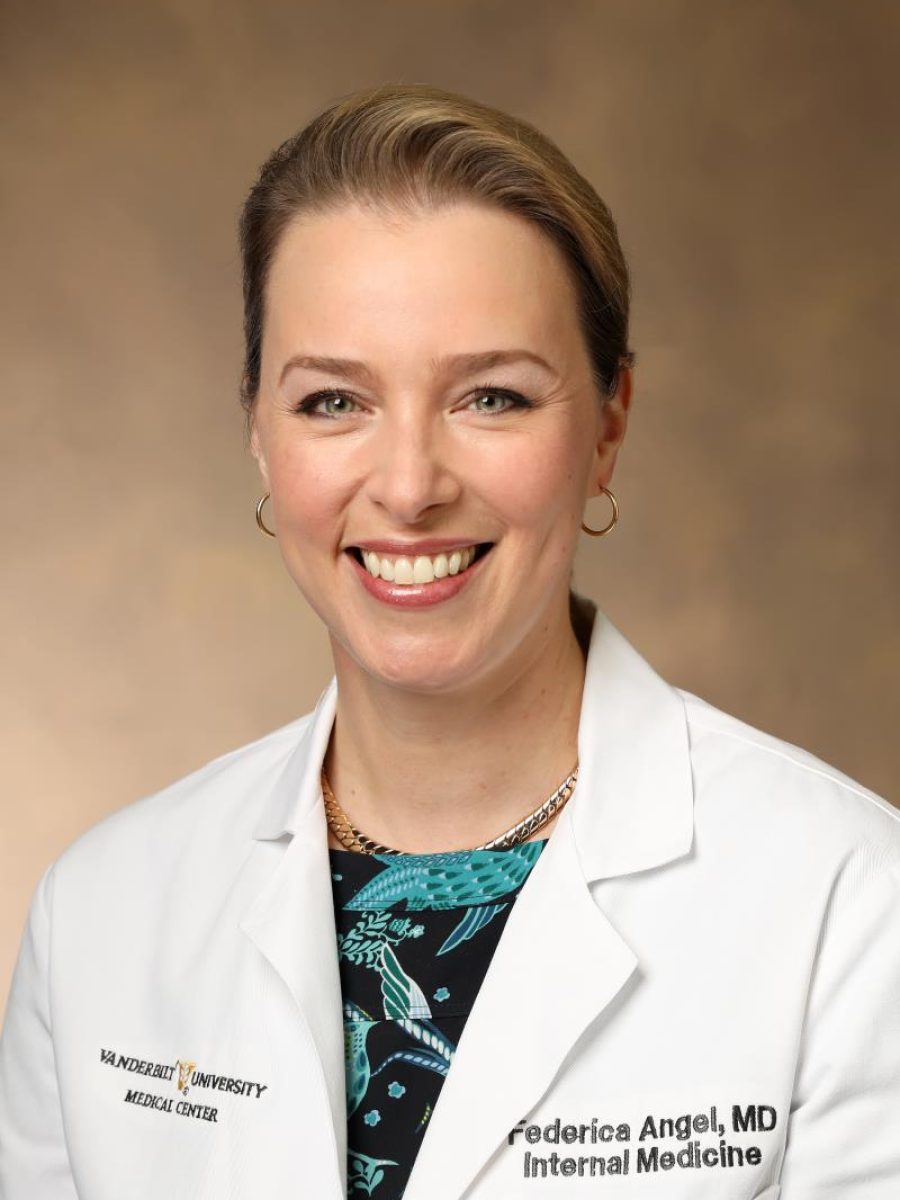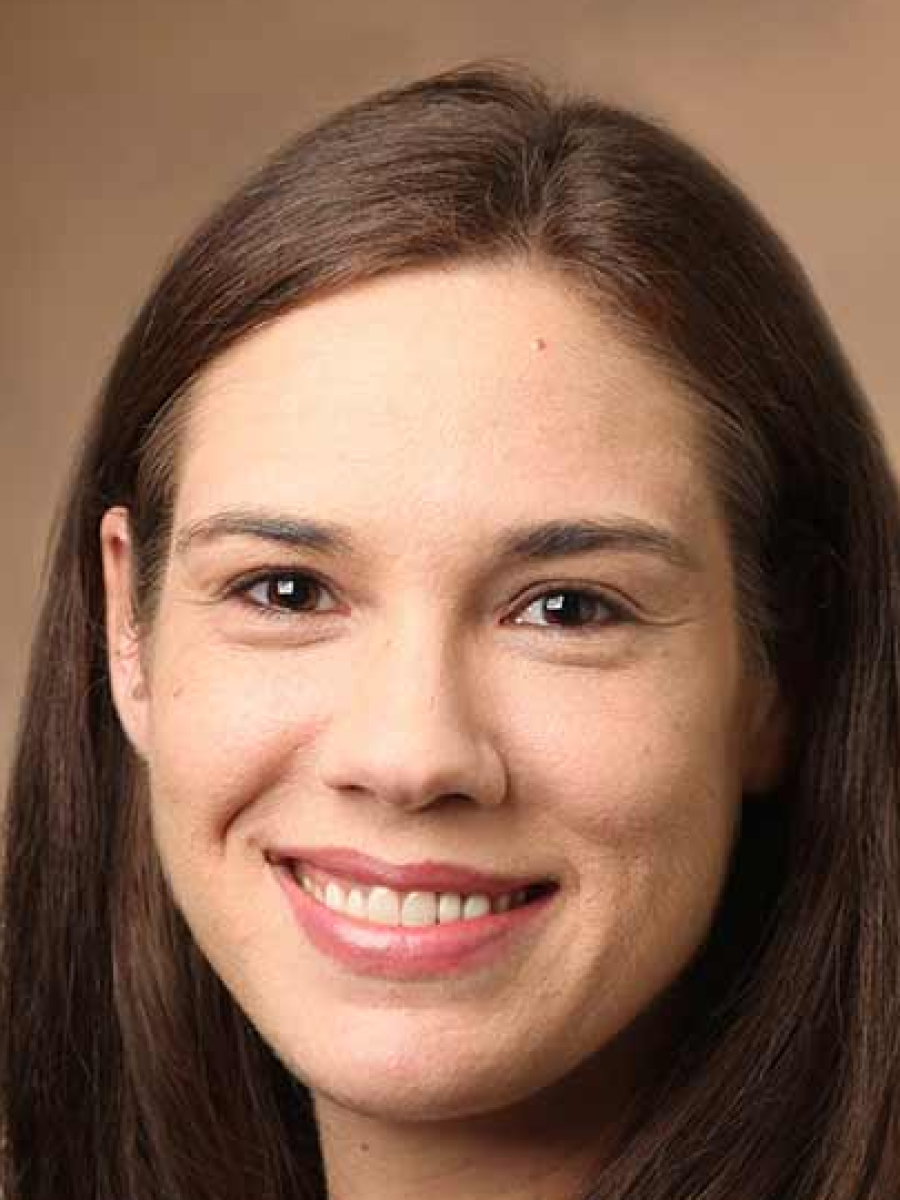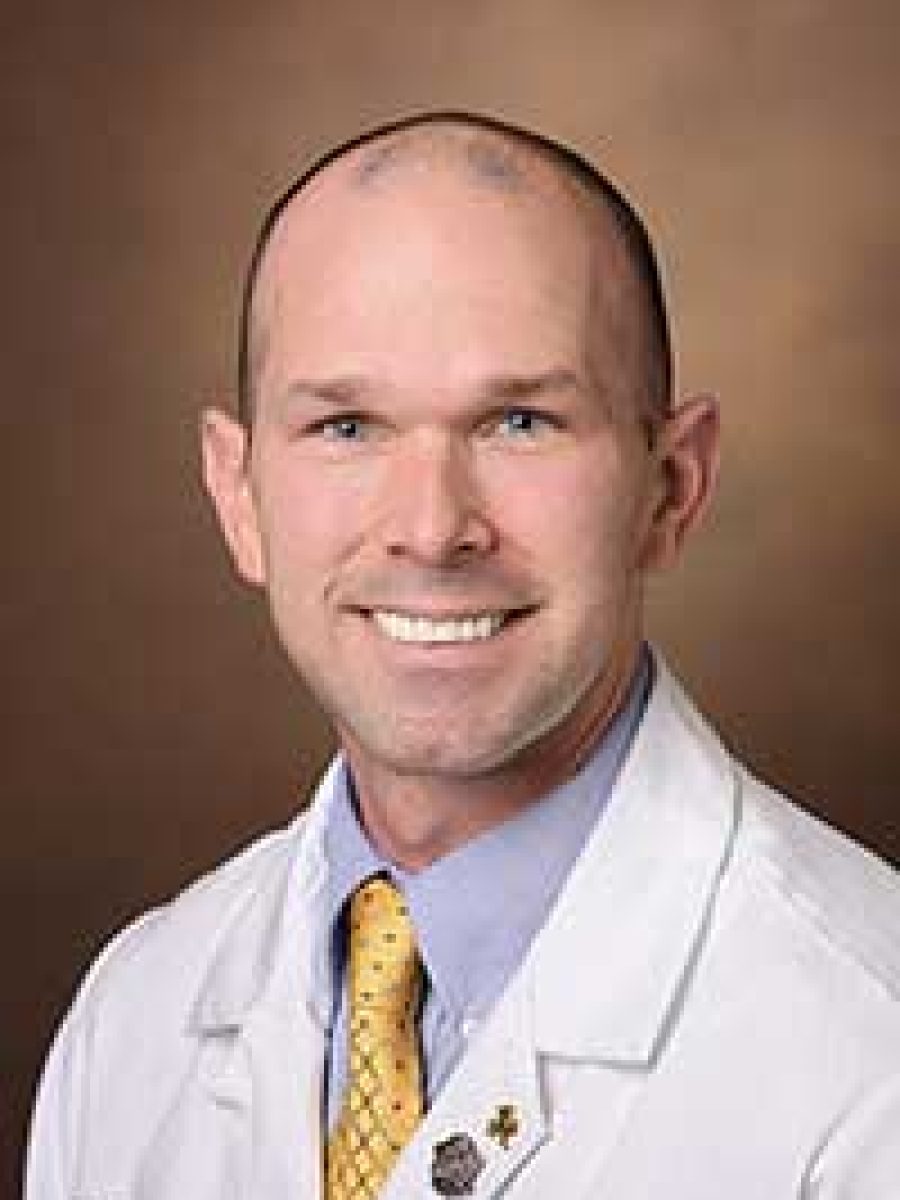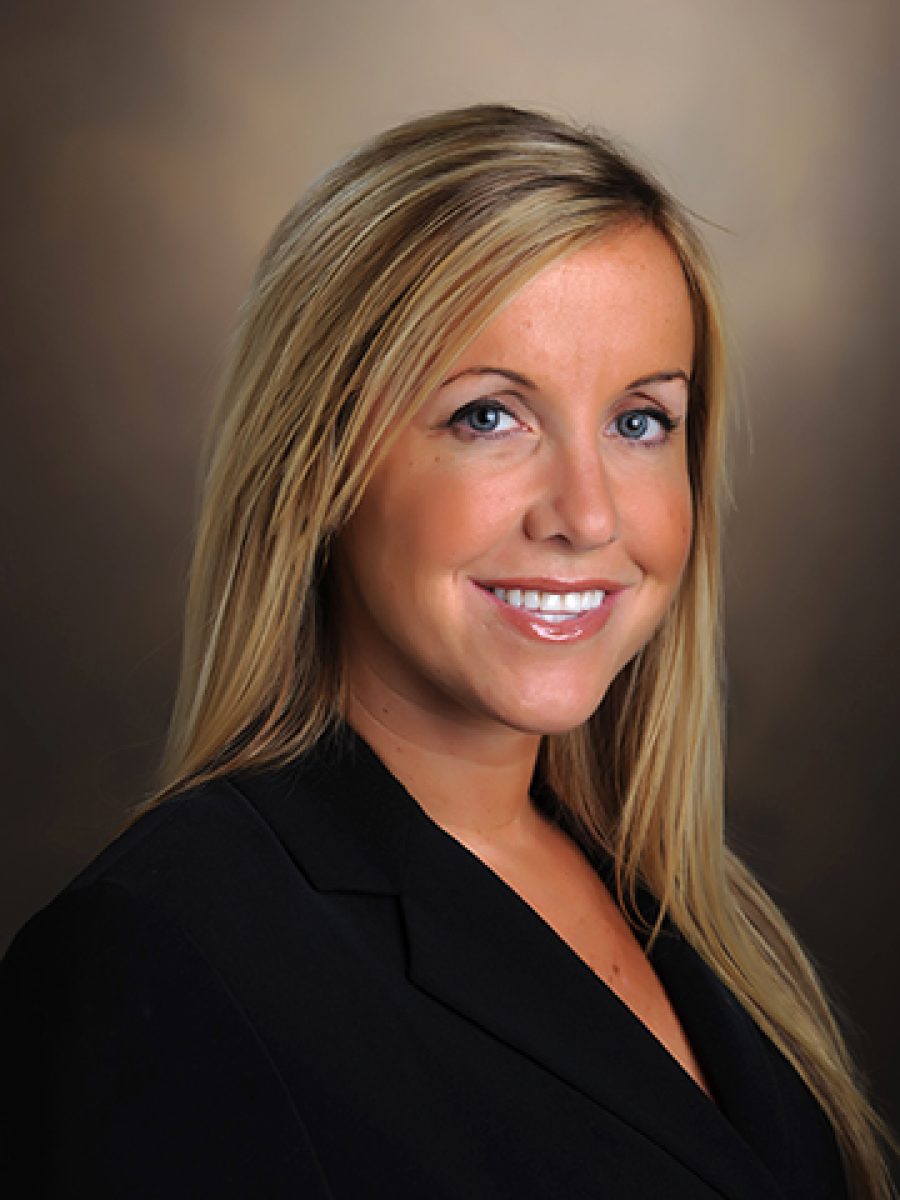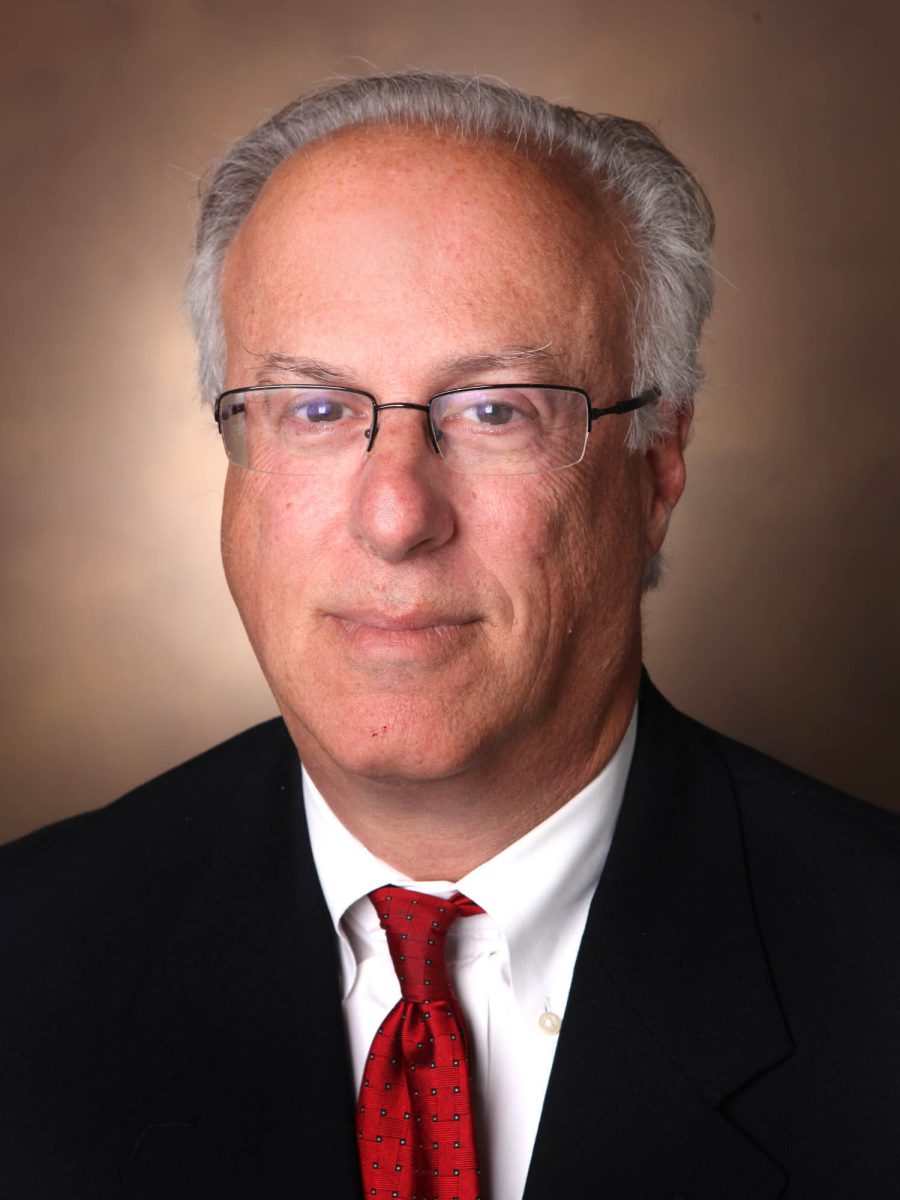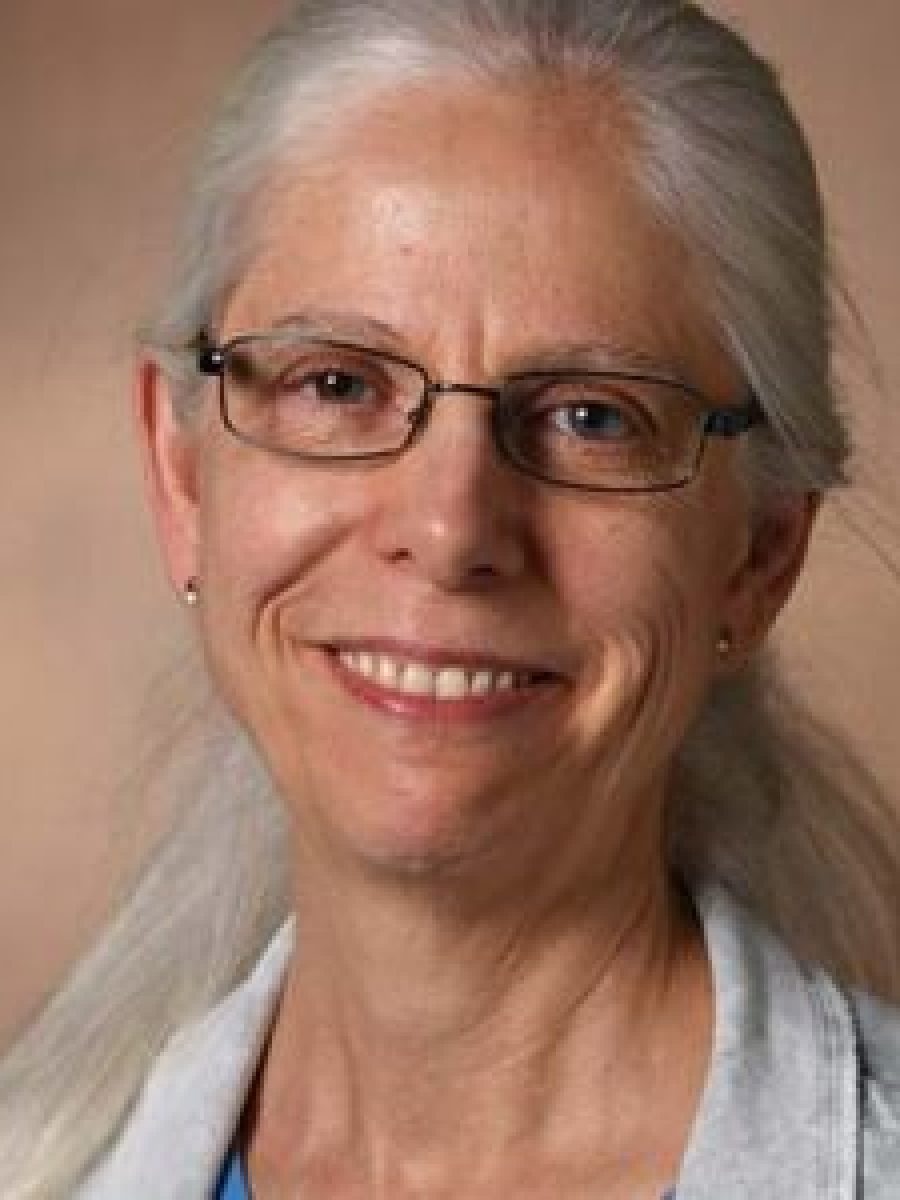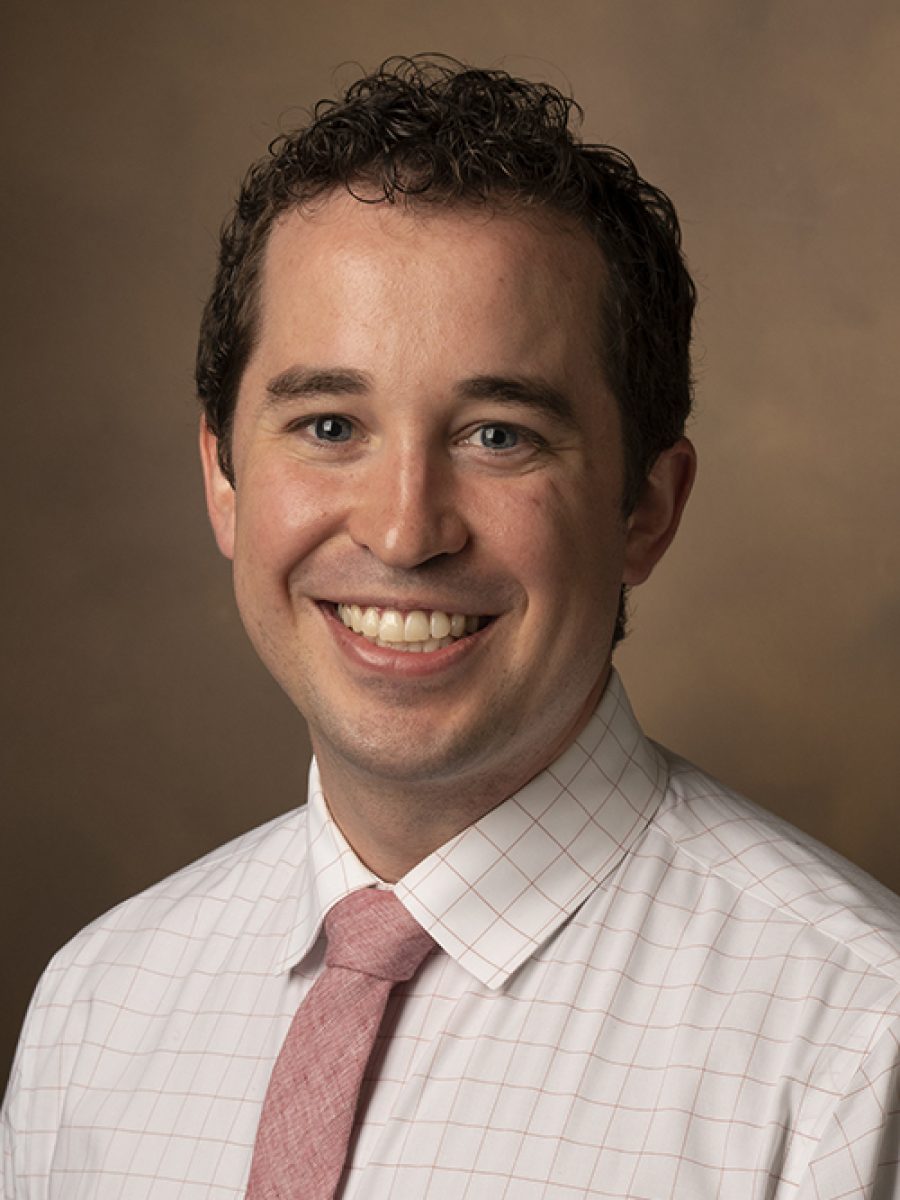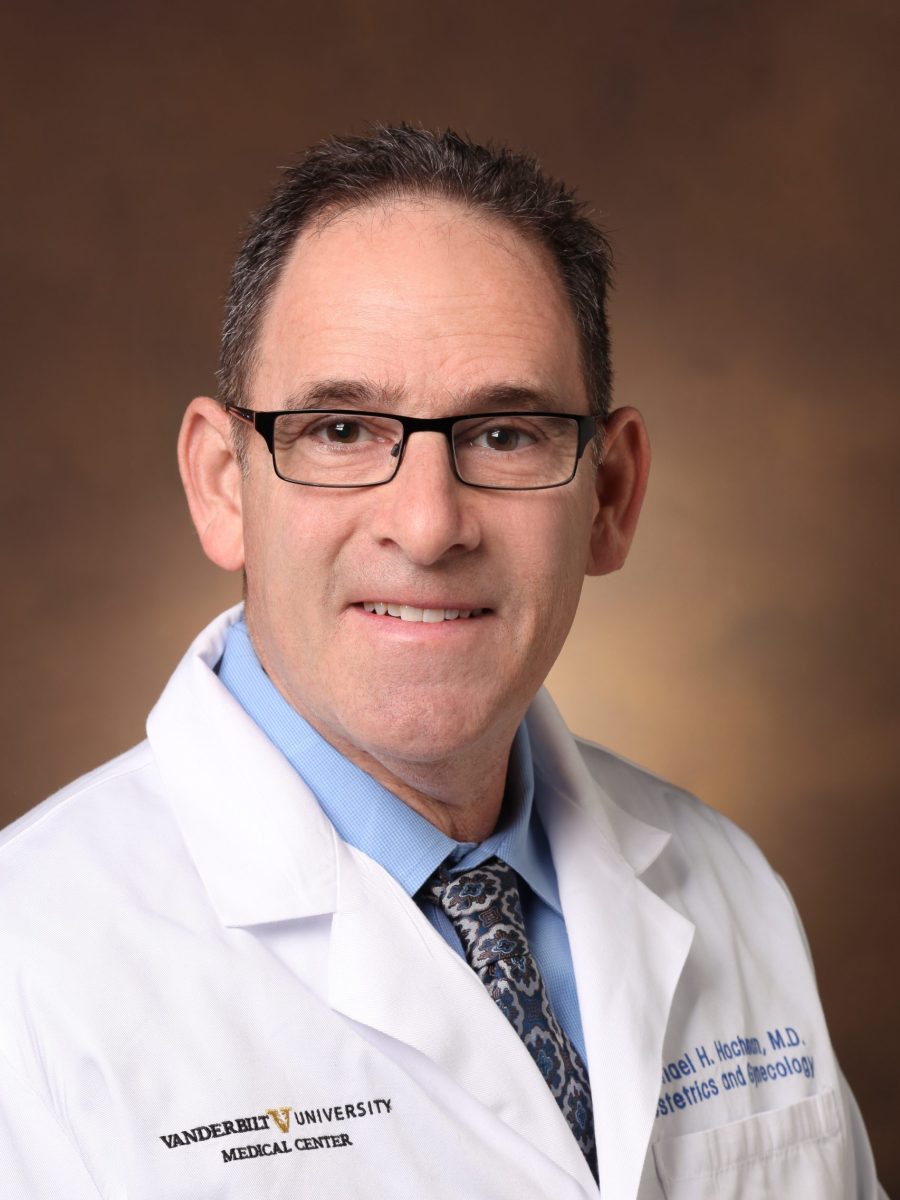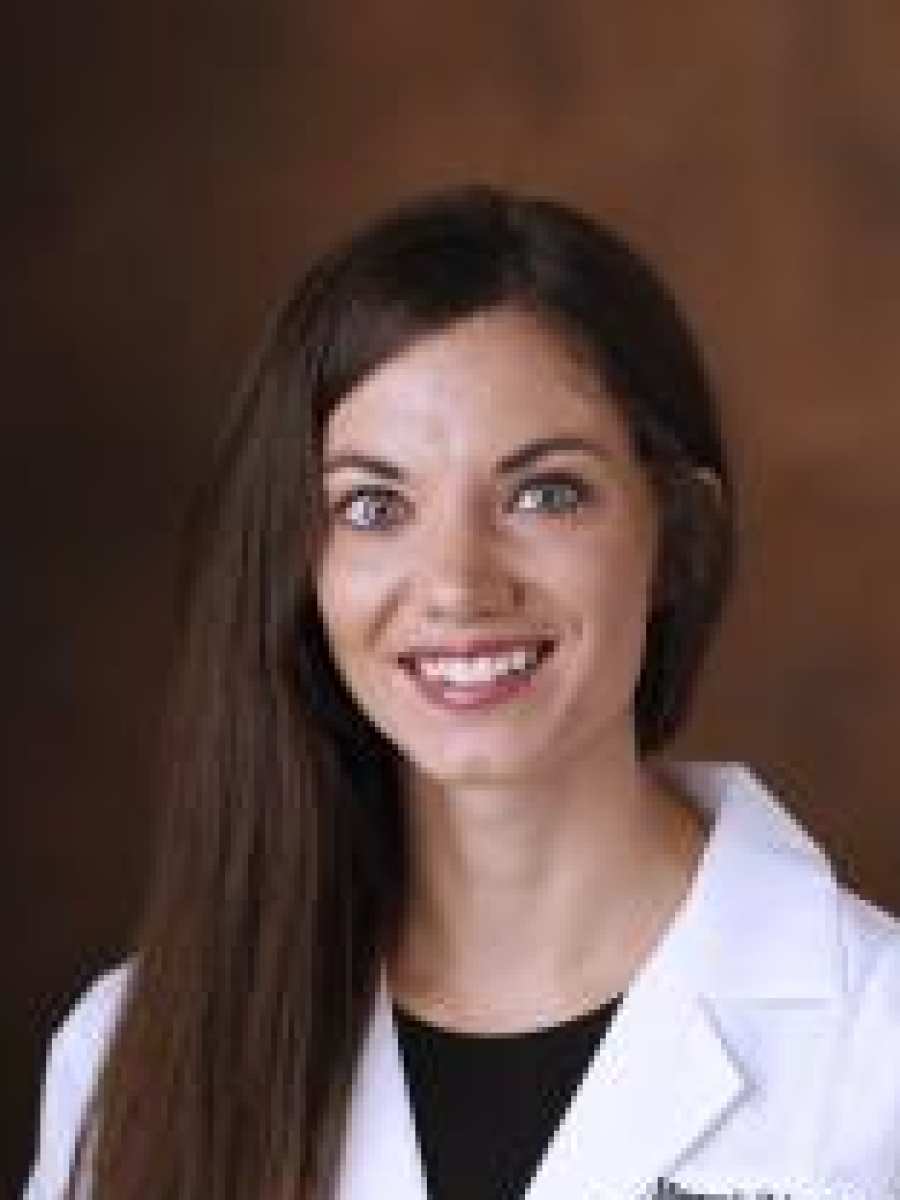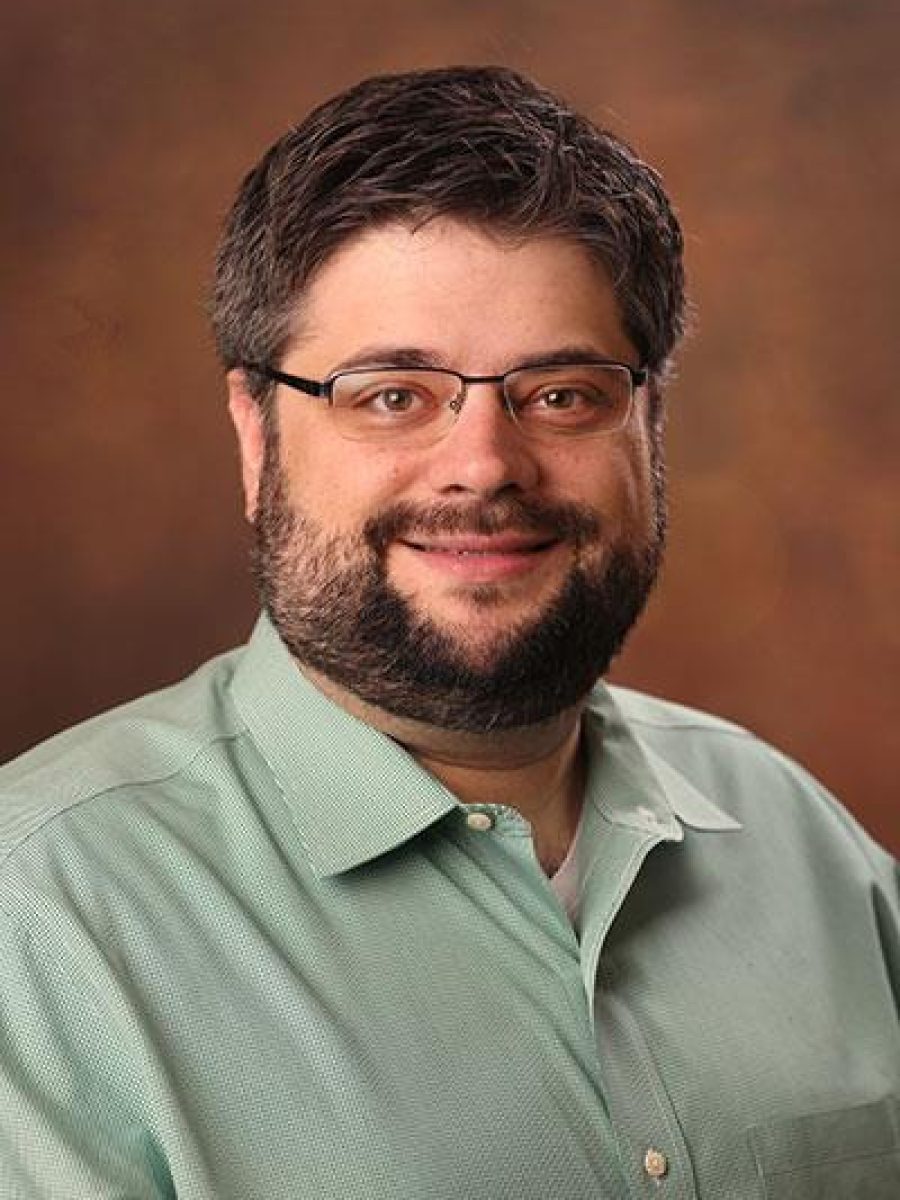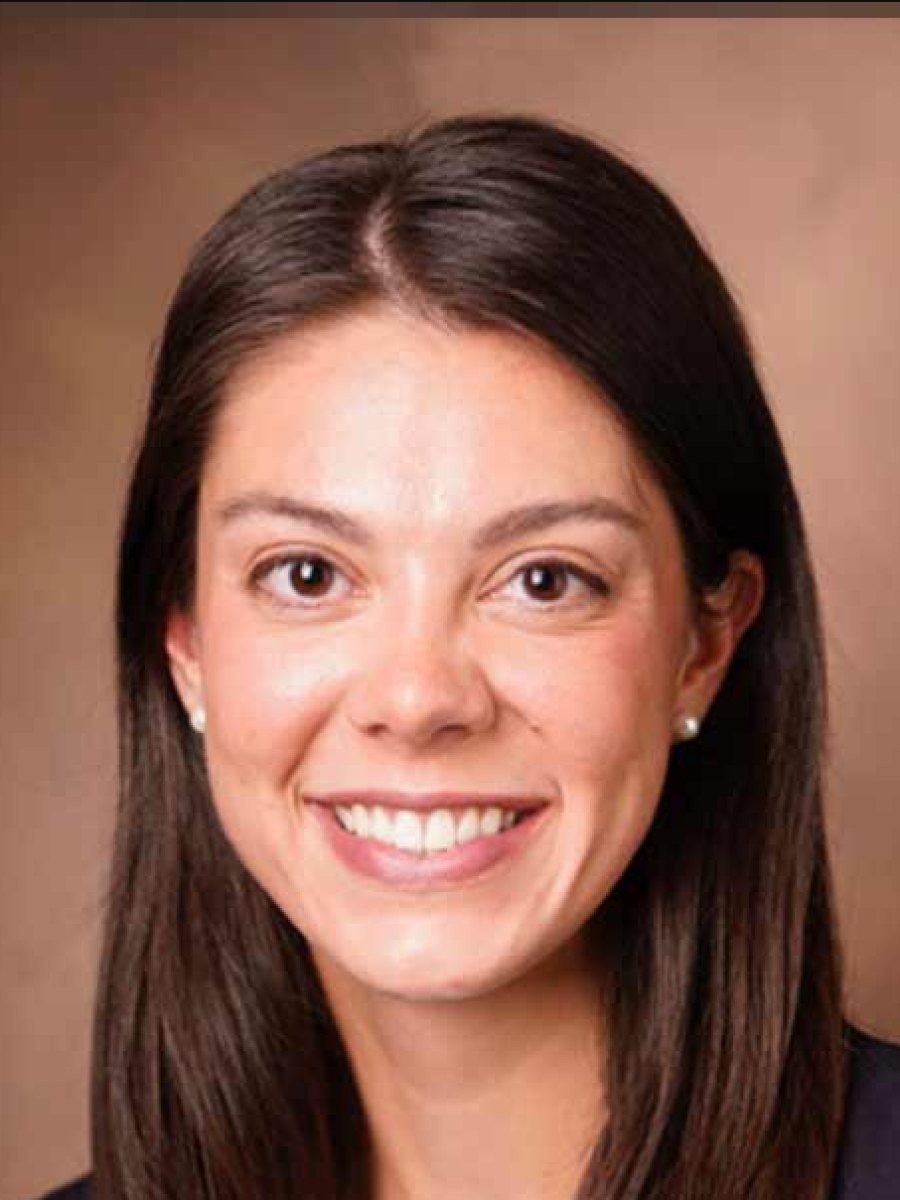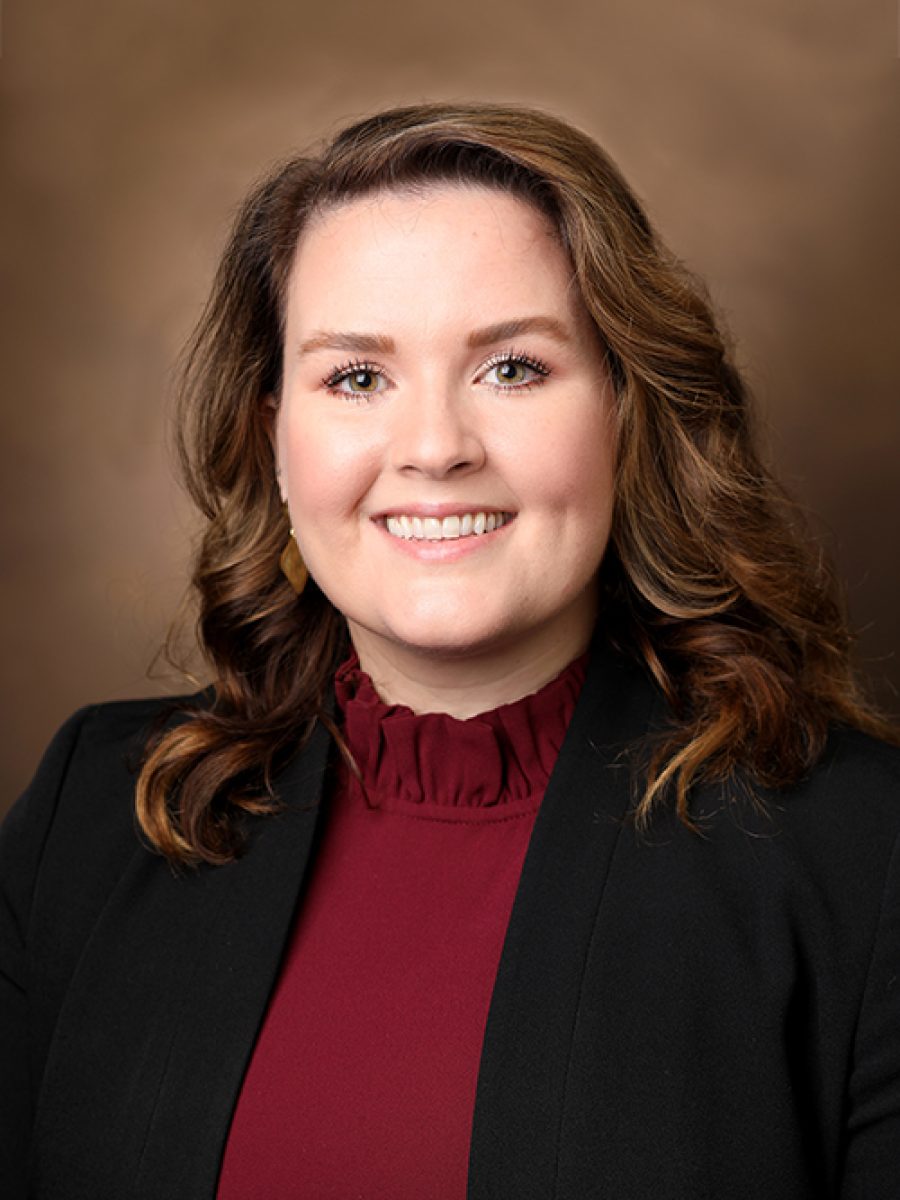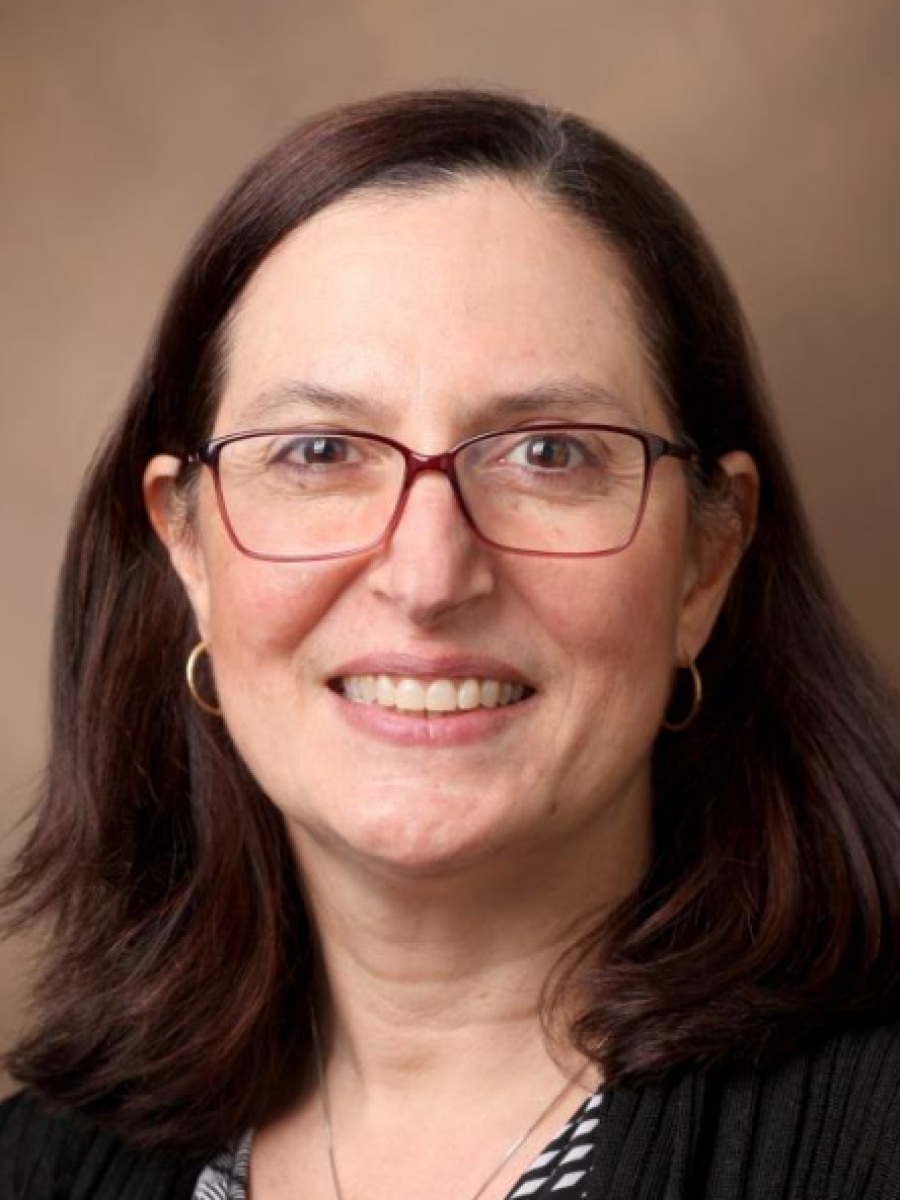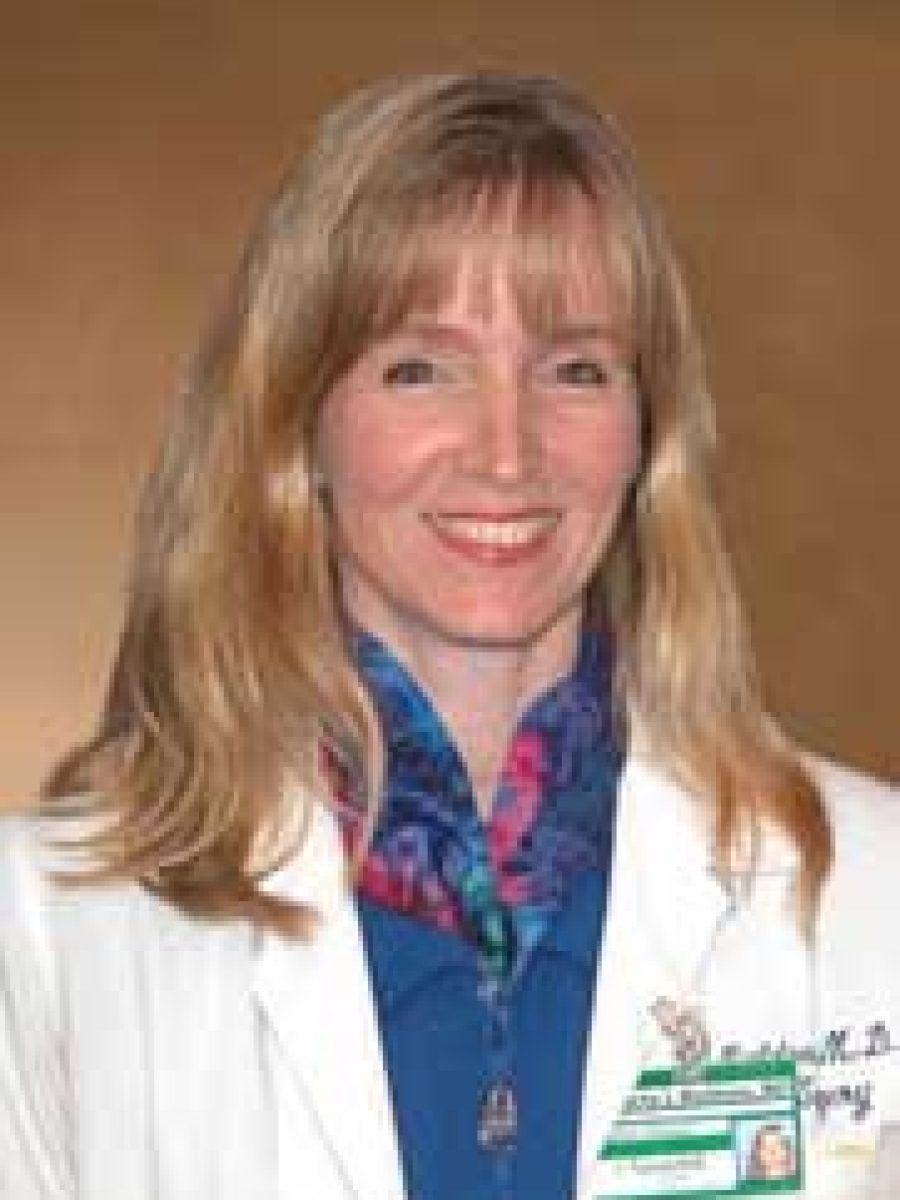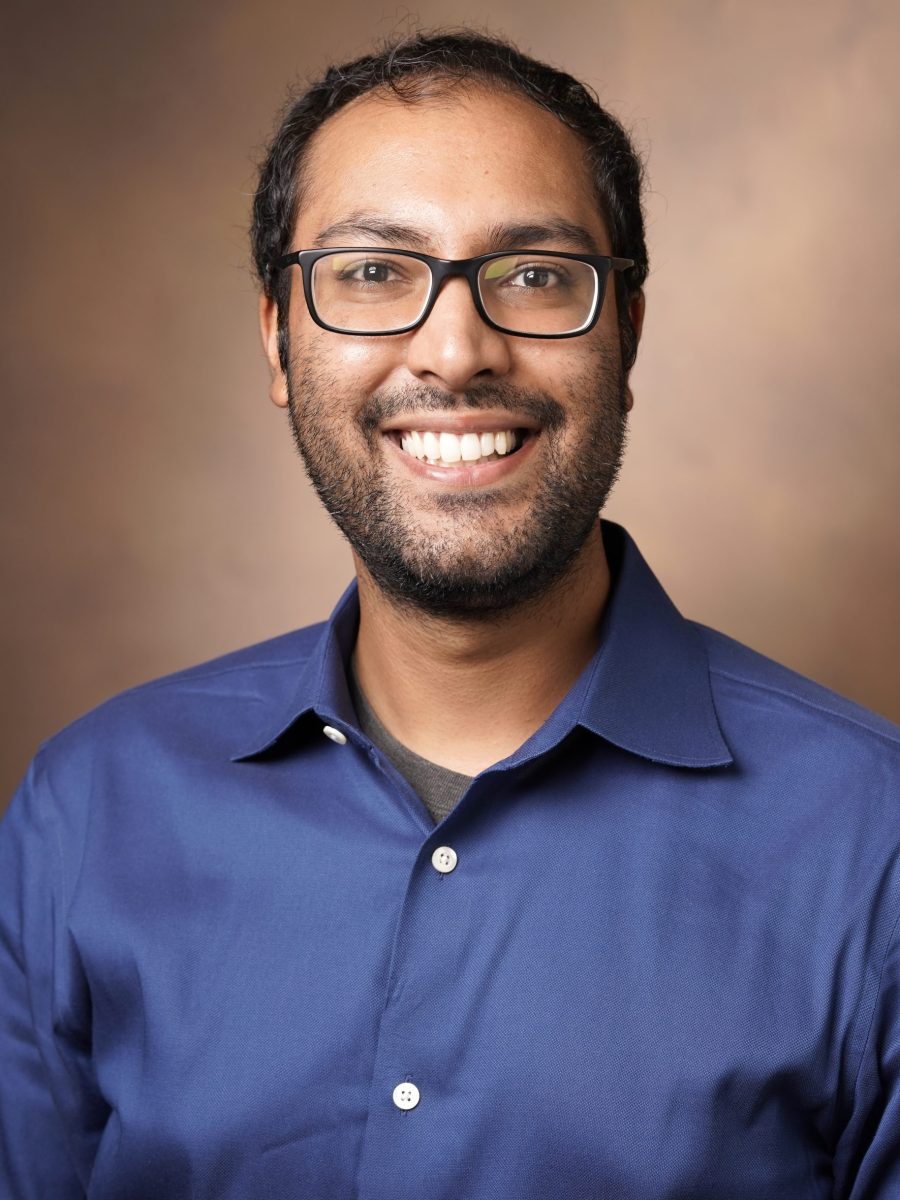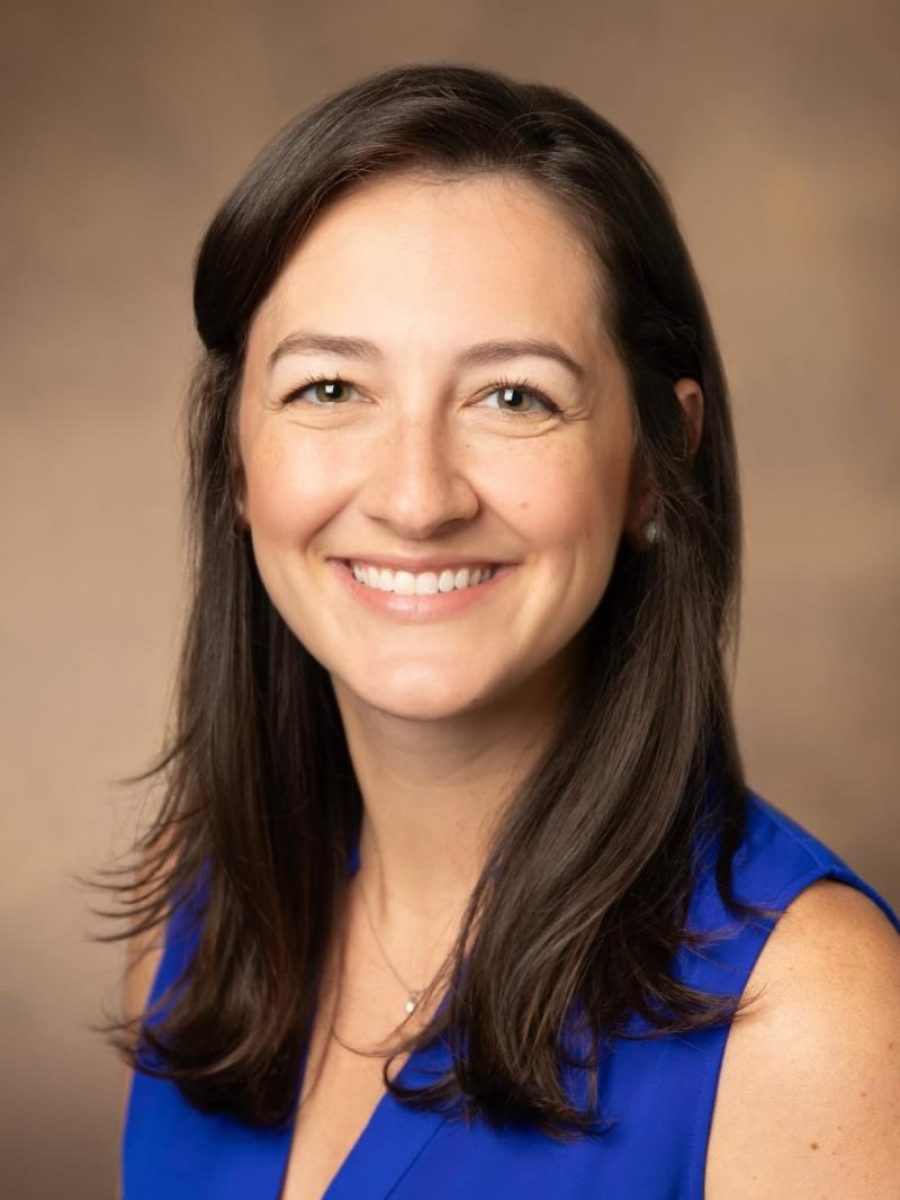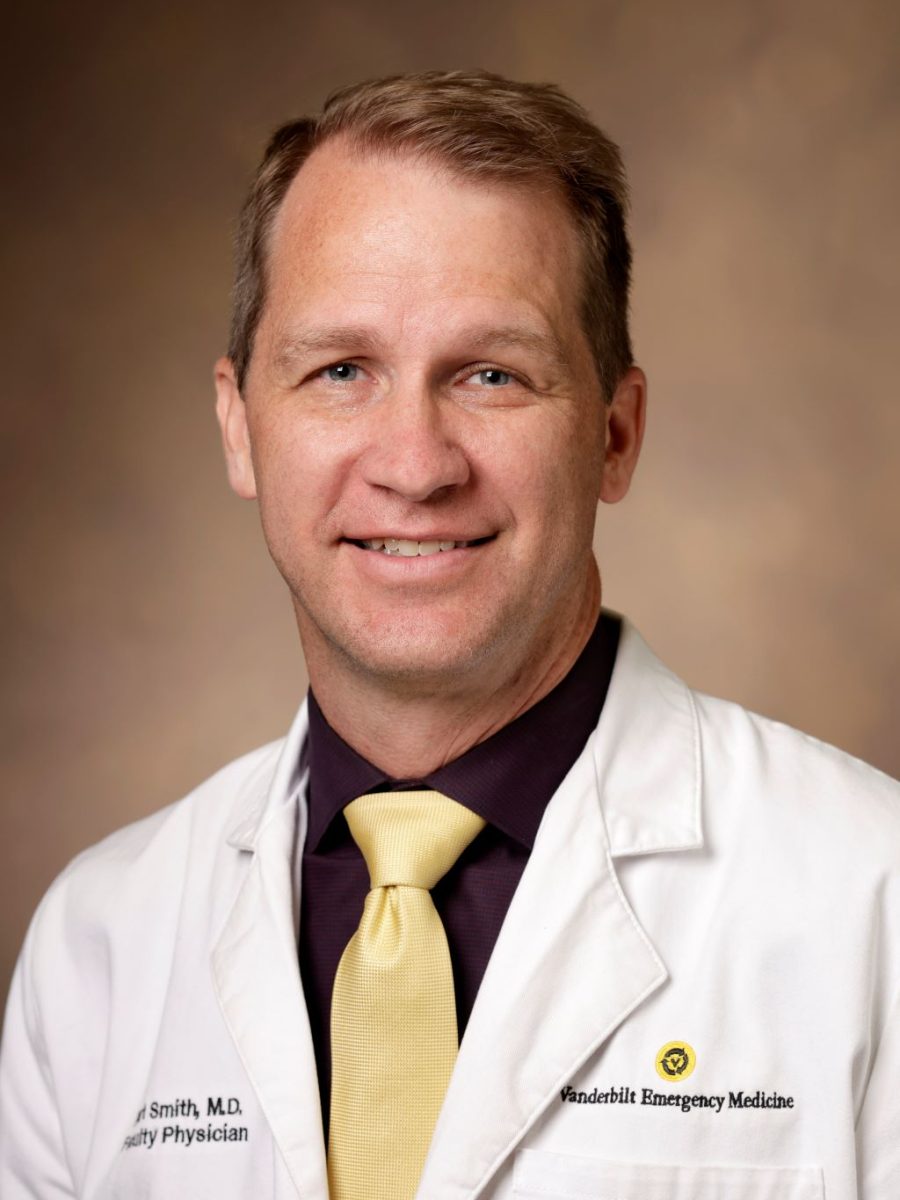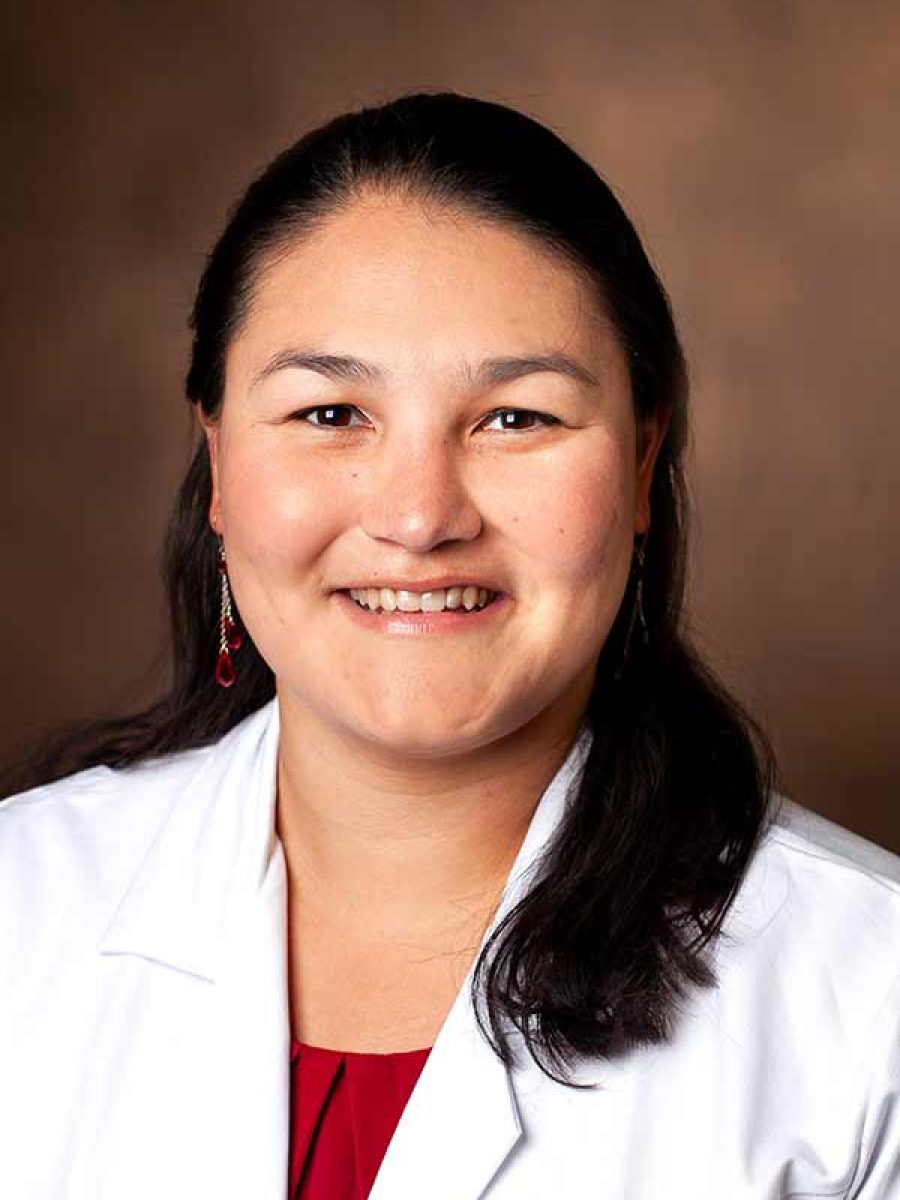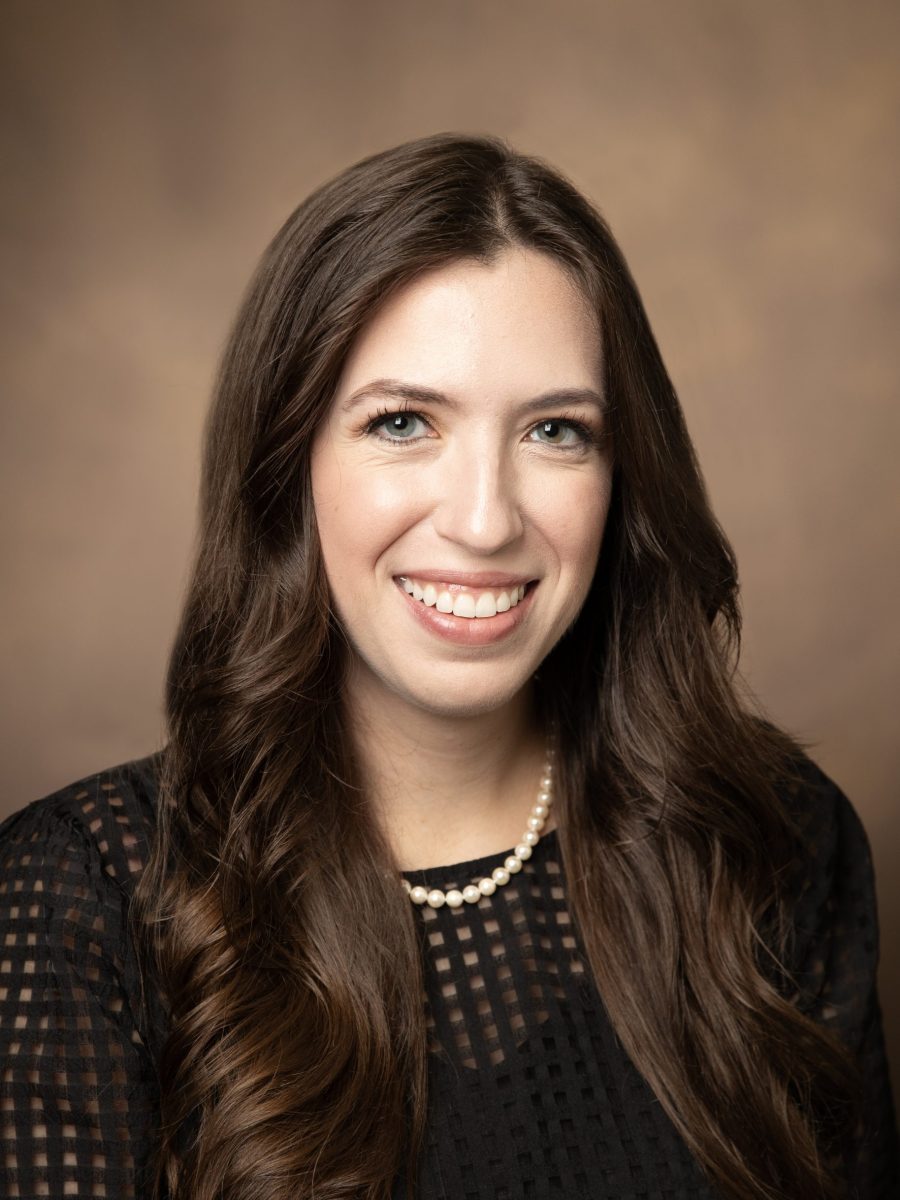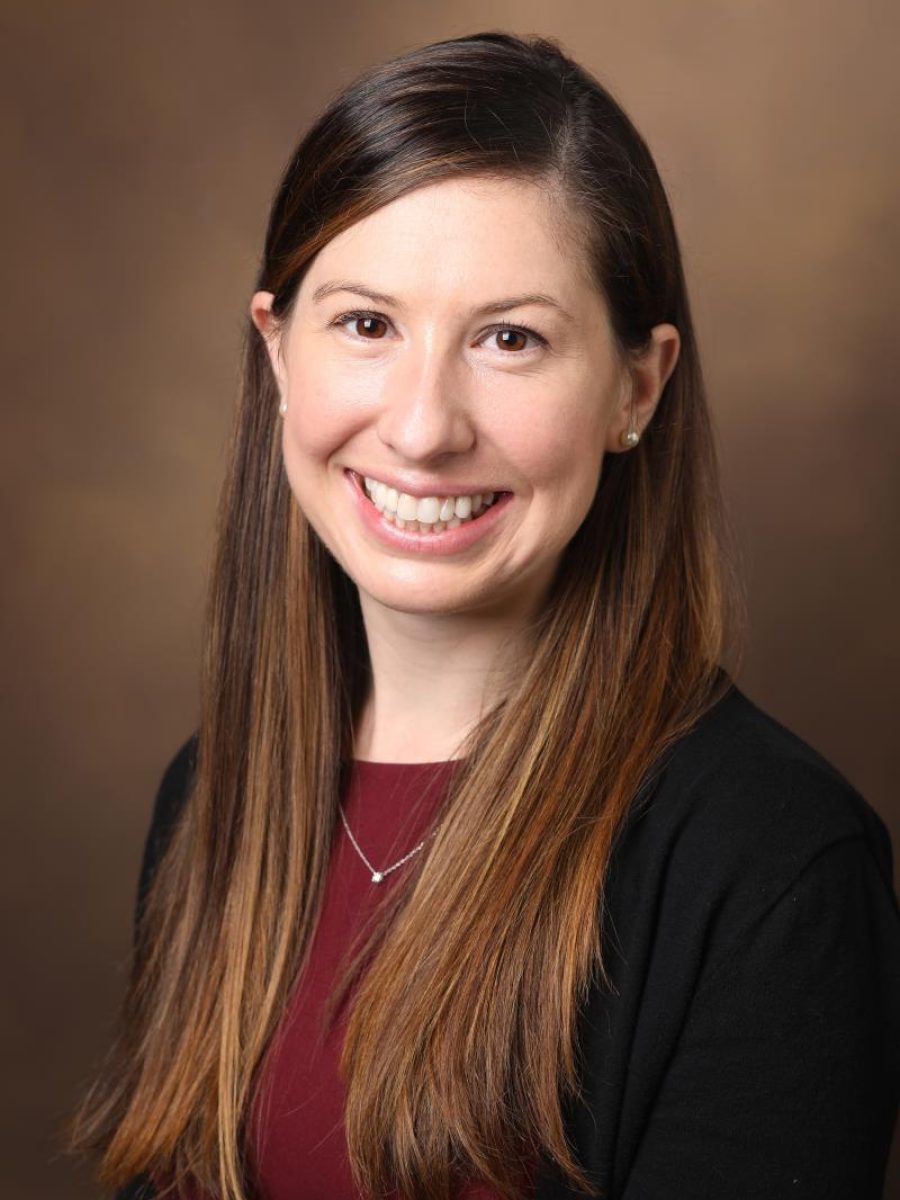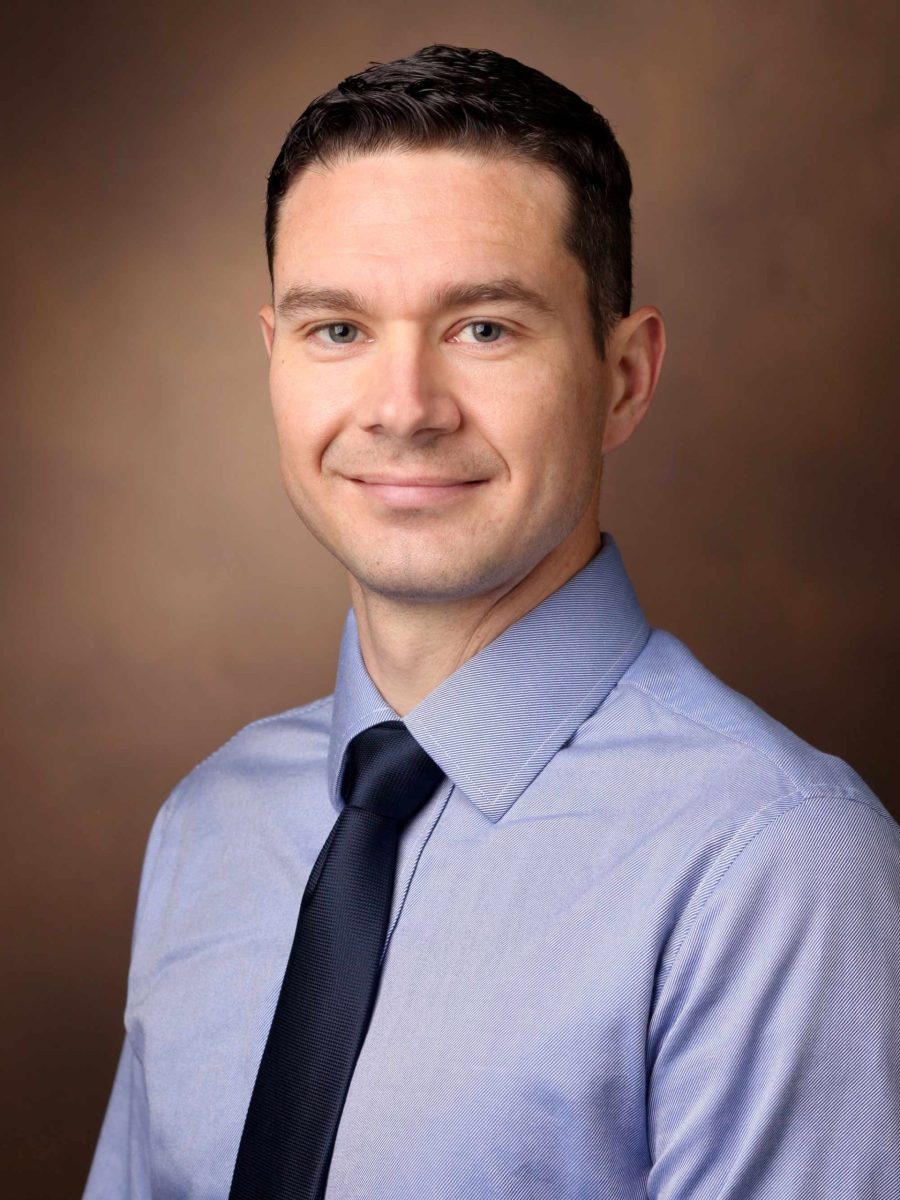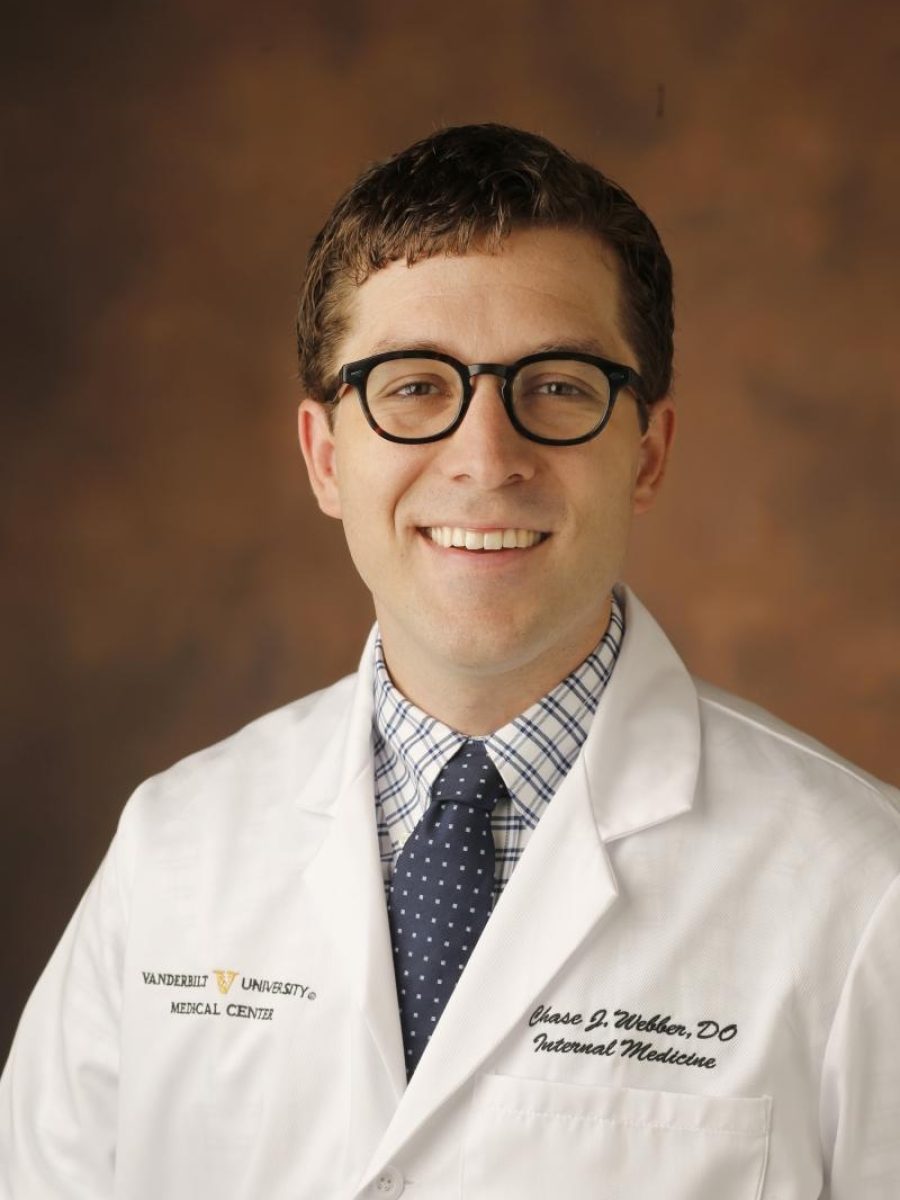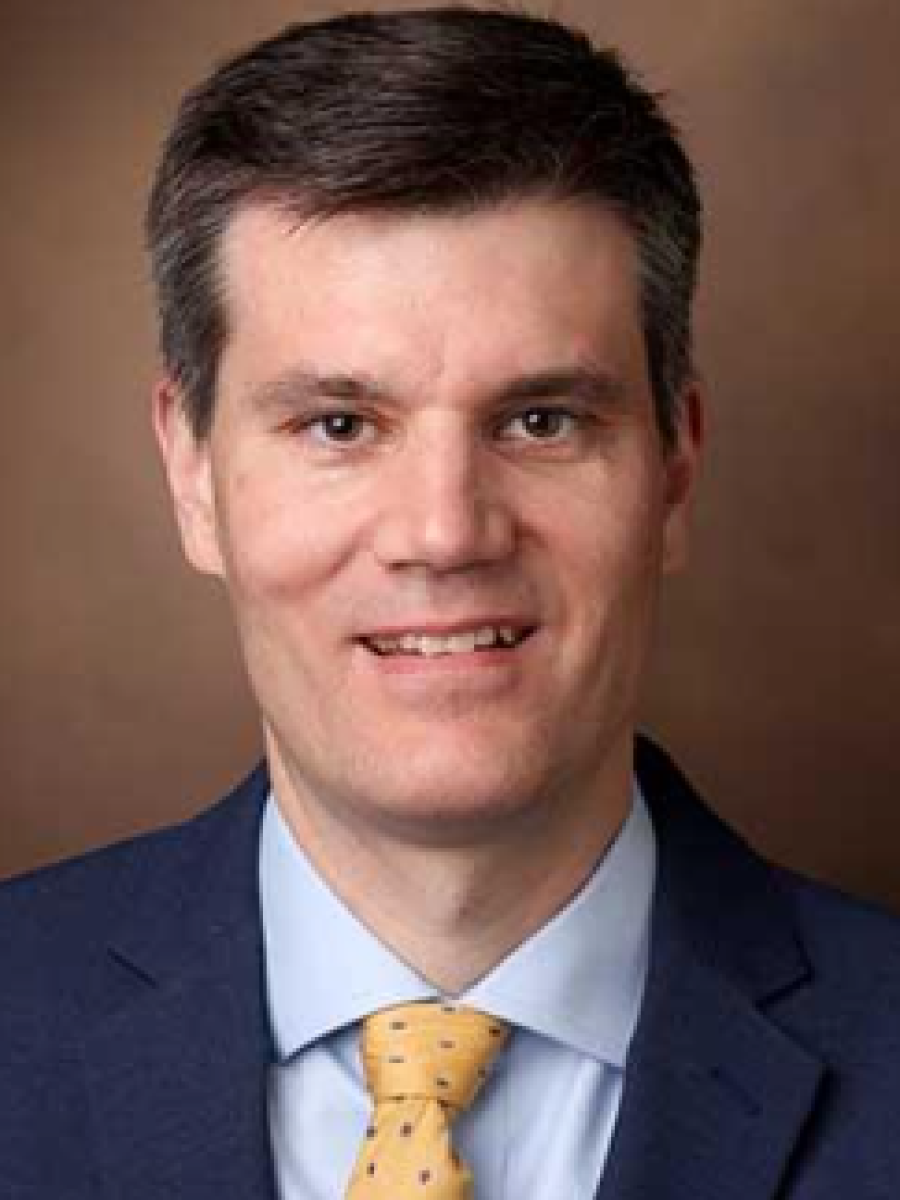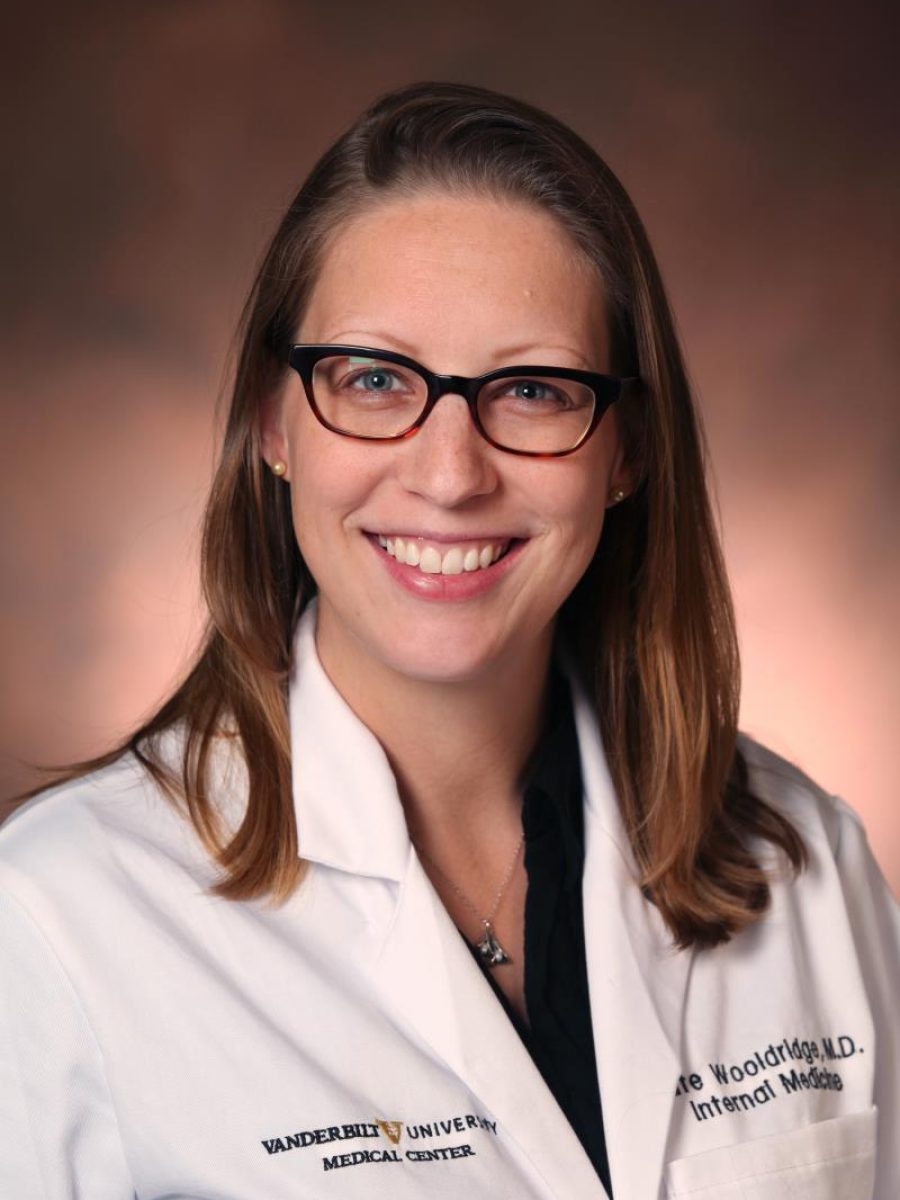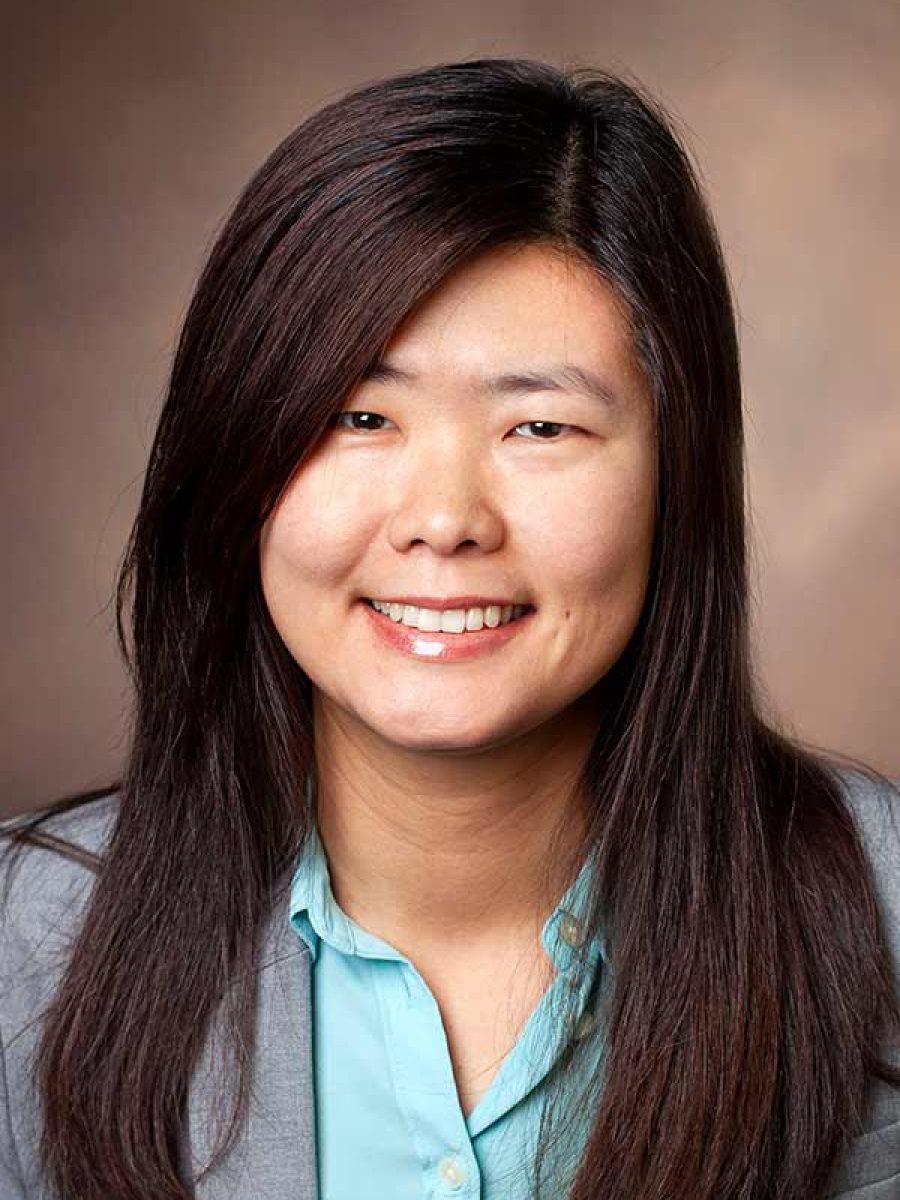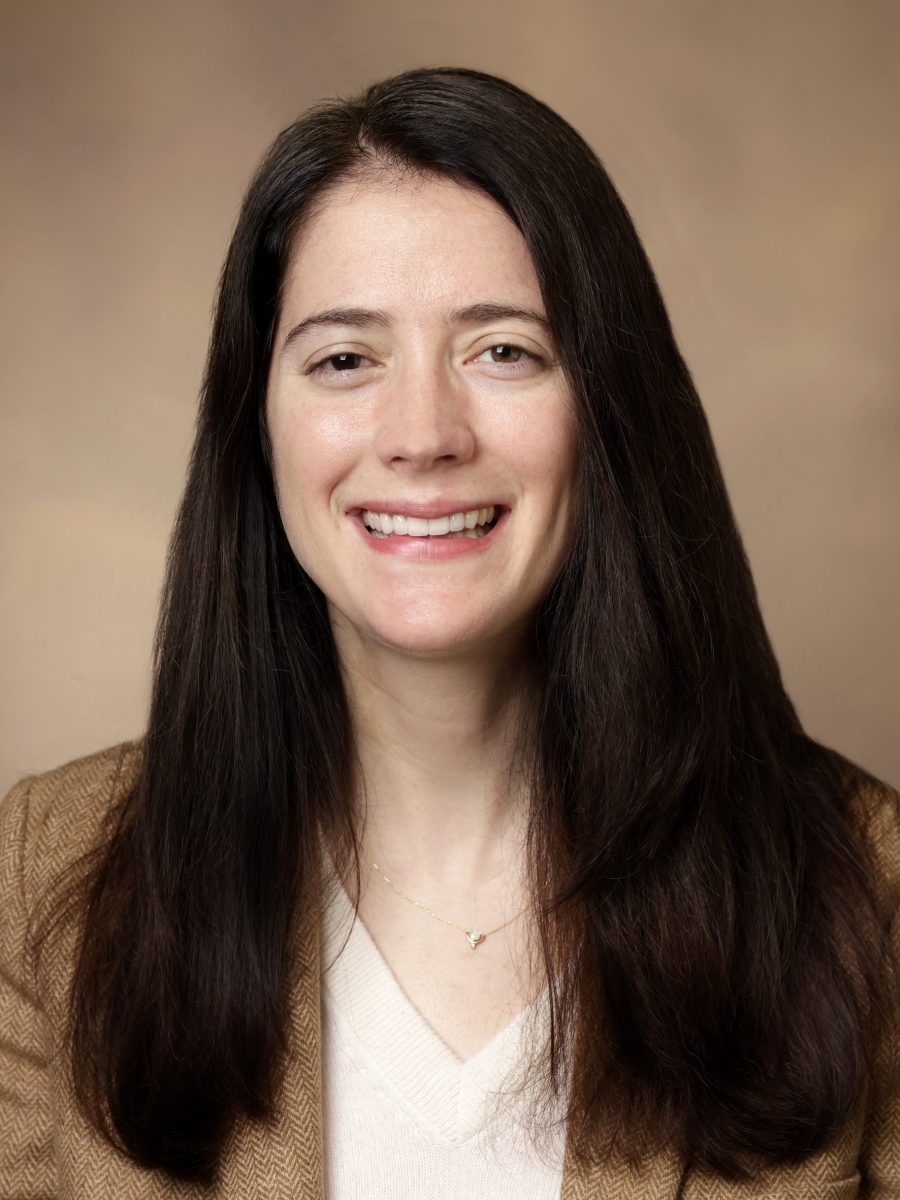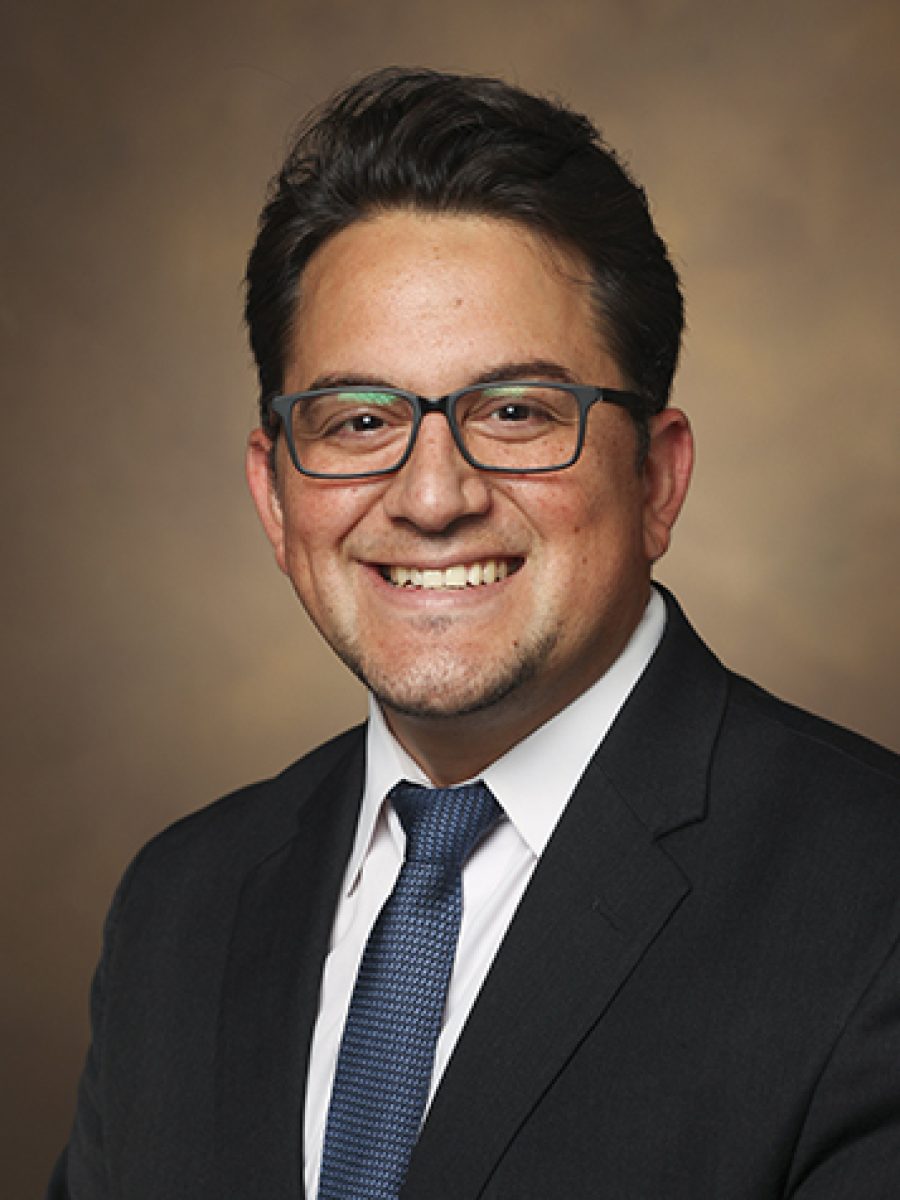-
Yara Aboshady, MD
Obstetrics & Gynecology, FCC
-
Raeanna Adams, MD, MBA, FACS
Surgery, FCC
-
Federica Angel, MD
Primary Care, Immersion Phase
-
Rachel Apple, MD, MPH
Medicine, FCC
-
Angela Crudele, MD
Neurology, FCC
-
John DuBray, MD
Surgery, FCC
-
Shannon Eastham, MD
Surgery, FCC
-
Steven Eskind, MD, FACS
Surgery, FCC
-
Cathy Fuchs, MD
Psychiatry, FCC
-
Steve Gadomski, MD
Surgery/surgical subspecialities, Immersion Phase
-
Michael Hochman, MD
Obstetrics & Gynecology, FCC and Immersion Phase
-
Merranda Holmes, MD
Medicine/Pediatrics/Stroke/PM&R/Psych, Immersion Phase
-
Michael Johnston, MD
Acute Care, Immersion Phase
-
Nick Jones, MD
Pediatrics, FCC
-
Carynn Koch, MD
Neurology, FCC
-
Shannon McChesney, MD
Surgery/surgical subspecialities, FCC
-
Sandi Moutsios, MD
EXCEL program, FCC and Immersion Phase
-
Roberta Muldoon, MD
Surgery, FCC
-
Anuj Patel, MD
Pediatrics, FCC
-
Laura Price, MD
Primary Care, Immersion Phase
-
Kurt Smith, MD
Acute Care/EXCEL, Immersion Phase
-
Katie Sourbeer, MD
Neurology, FCC
-
Lauren Starnes, MD, MEd
Pediatrics, FCC
-
Kathleen Sullivan, MD
Primary Care, Immersion Phase
-
Stephanie Taylor, MD
Neurology, FCC
-
Ryan Walsh, MD
Acute Care, Immersion Phase
-
Chase Webber, DO
Medicine/Pediatrics/Stroke/PM&R/Psych, Immersion Phase
-
Ben Womack, MD
Medicine, FCC
-
Kate Wooldridge, MD, MPH
Medicine, FCC
-
Cherry Yu, MD
Neurology, FCC
-
Nadia Zaim, MD
Psychiatry, FCC
-
Irving Zamora, MD, MPH
Surgery/surgical subspecialities, Immersion Phase
